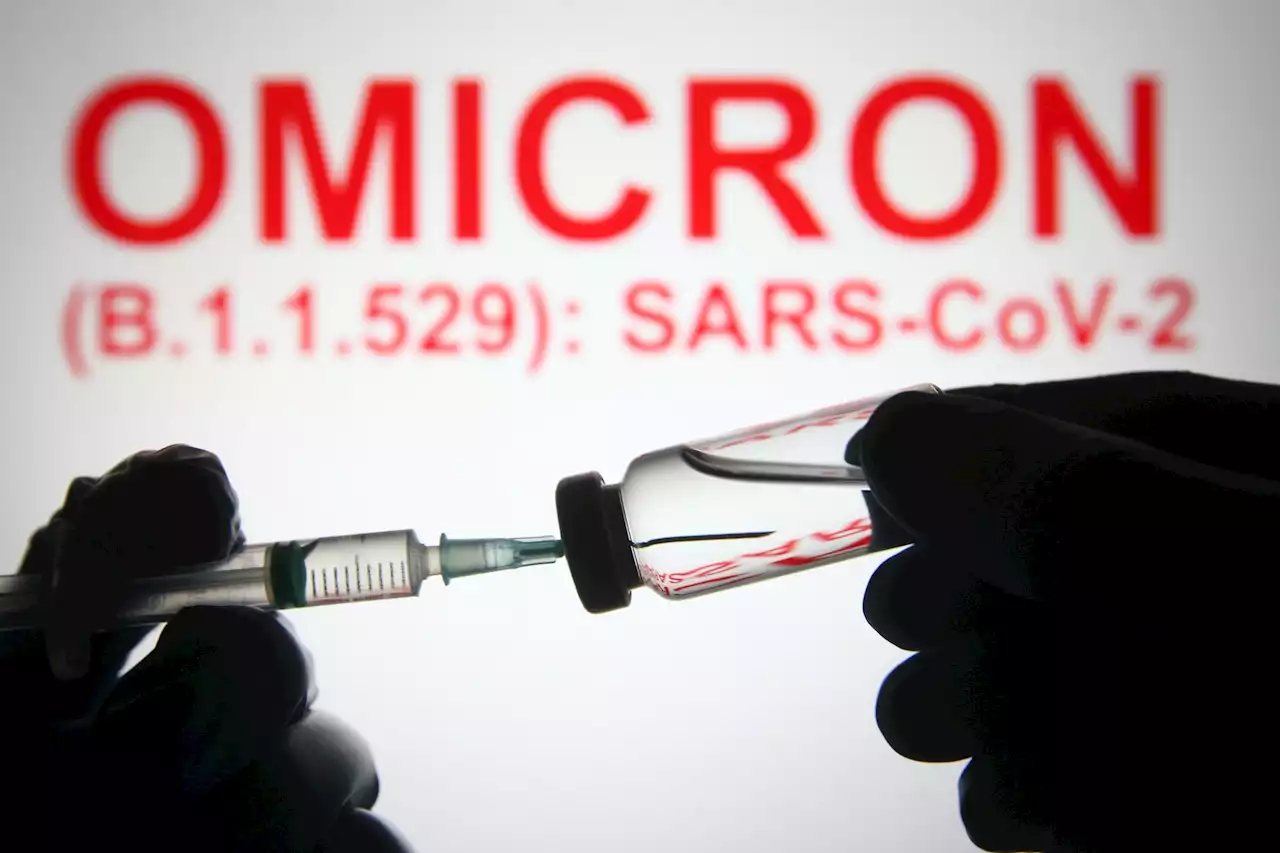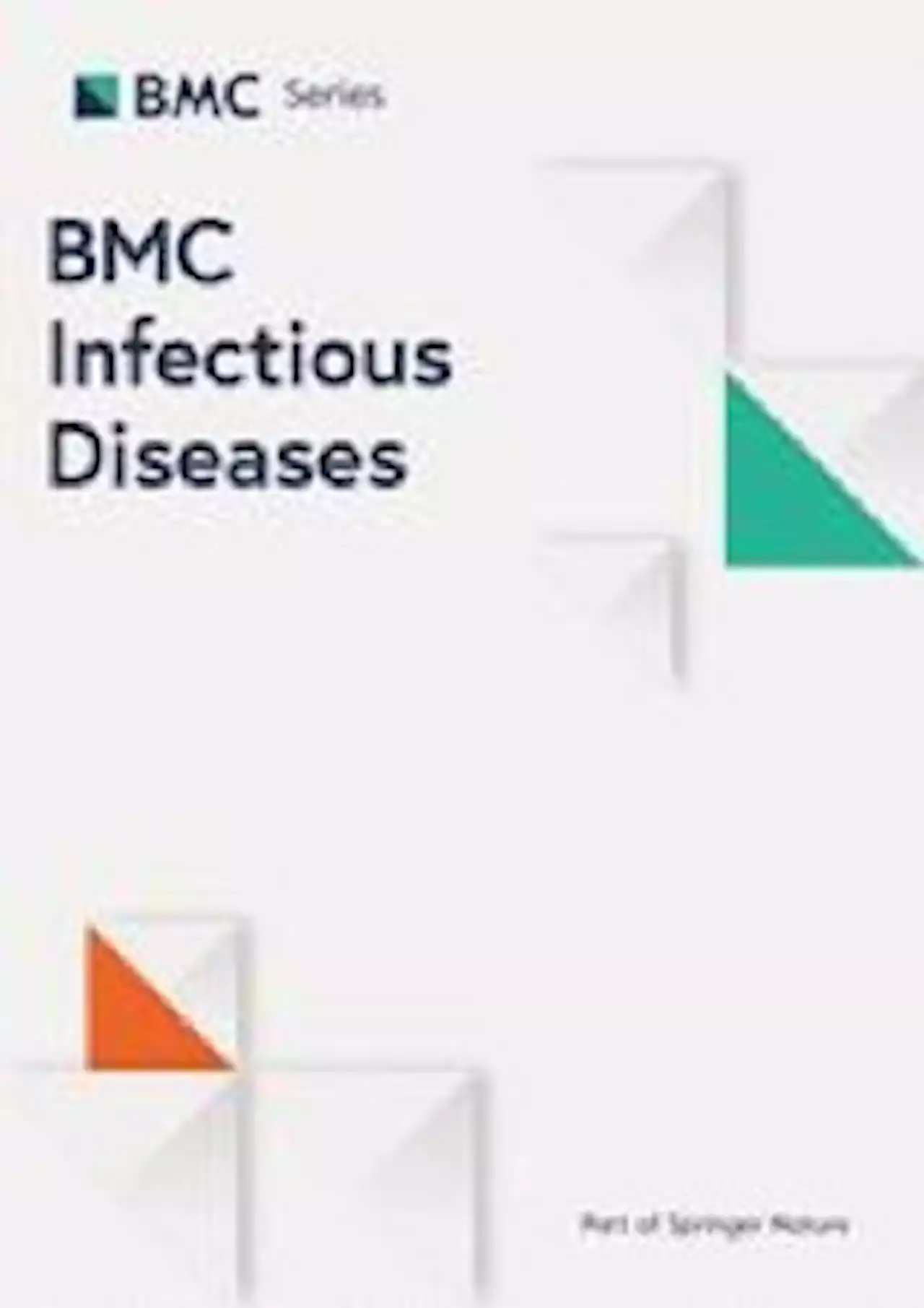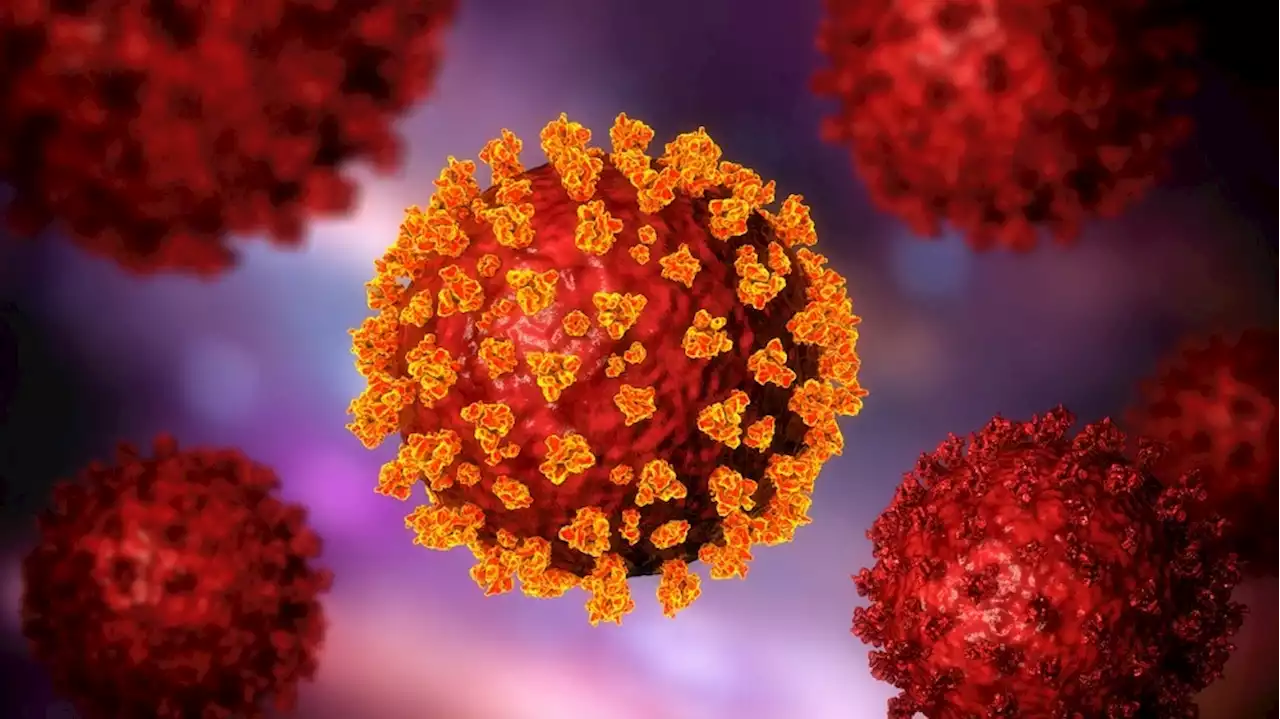Omicron BQ and XBB subvariants most resistant viruses to monoclonal antibodies Coronavirus Disease COVID19 Omicron SARSCoV2 biorxivpreprint
By Tarun Sai LomteFeb 13 2023Reviewed by Benedette Cuffari, M.Sc. Since its emergence in November of 2021, the SARS-CoV-2 Omicron variant has mutated into several sub-variants. A recent study posted to the bioRxiv* preprint server examines the neutralization of severe acute respiratory syndrome coronavirus 2 Omicron sub-variants by sera from vaccinated and boosted individuals, as well as those diagnosed with a breakthrough infection.
Since lifting the zero-COVID policy in December 2022, China continues to record thousands of new COVID-19 cases daily, most of which are caused by SARS-CoV-2 Omicron BF.7 or BA.5 sub-variants. A similar neutralization resistance pattern was observed with serum samples obtained from individuals receiving the heterologous booster. Only a few samples retained marginal neutralization against XBB.1, XBB.1.5, BQ.1, and BQ.1.1 sub-variants.
The neutralizing potency of sera from individuals with BA.5 or BF.7 breakthrough infection was also examined. To this end, BA.5 breakthrough infection elicited high GMTs against the wild-type strain and Omicron sub-variants, including BQ.1 and BQ.1.1; however, XBB.1.5, BA.2.75.2, and BN.1 were more resistant to neutralization. Similarly high neutralization titers were observed with BF.7 breakthrough infection sera.
Finally, the susceptibility of emergent Omicron sub-variants to neutralization by 12 monoclonal antibodies against the viral spike and two mAbs against the human angiotensin-converting enzyme 2 receptor was assessed. To this end, LY-CoV1404 was inactive against XBB.1, BE.1.1.1, BQ.1, XBB.1.5, and BQ.1.1, which might be due to K444T and V445P amino acid substitutions.
Some receptor-binding domain -directed mAbs were also evaluated. For example, 2-36, DH1047, and S2X259 mAbs lost neutralization against all Omicron sub-variants, while S2K146 mAb retained activity against BN.1, BA.2.75, BA.2, and BA.2.75.6. Structural analysis indicated that the F486 substitutions could abrogate the hydrogen bonds between the spike and heavy antibody chain.
United Kingdom Latest News, United Kingdom Headlines
Similar News:You can also read news stories similar to this one that we have collected from other news sources.
 Omicron variant of SARS-CoV-2 is less infectious in dogs and catsOmicron variant of SARS-CoV-2 is less infectious in dogs and cats Coronavirus Disease COVID Omicron Cats Dogs Feline Canine biorxivpreprint Loeffler_News
Omicron variant of SARS-CoV-2 is less infectious in dogs and catsOmicron variant of SARS-CoV-2 is less infectious in dogs and cats Coronavirus Disease COVID Omicron Cats Dogs Feline Canine biorxivpreprint Loeffler_News
Read more »
 SARS-CoV-2 infection and Ad26.COV2.S vaccination may increase risk of stroke post-vaccinationSARS-CoV-2 infection and Ad26.COV2.S vaccination may increase risk of stroke post-vaccination medrxivpreprint EmoryUniversity SARSCoV2 COVID19 StrokeRisk PostVaccination
SARS-CoV-2 infection and Ad26.COV2.S vaccination may increase risk of stroke post-vaccinationSARS-CoV-2 infection and Ad26.COV2.S vaccination may increase risk of stroke post-vaccination medrxivpreprint EmoryUniversity SARSCoV2 COVID19 StrokeRisk PostVaccination
Read more »
 Vaccine efficacy and booster dose combinations among 18.9 million adults in the early phase of OmicronA new study in the journal Clinical Infectious Diseases aimed to determine the relative vaccine effectiveness (rVE) in three different recipient cohorts, those who received the Ad26.COV2.S vaccine followed by Ad26.COV2.S booster, those who received the Ad26.COV2.S vaccine followed by an mRNA booster, and those who received two doses of an mRNA vaccine followed by an mRNA booster.
Vaccine efficacy and booster dose combinations among 18.9 million adults in the early phase of OmicronA new study in the journal Clinical Infectious Diseases aimed to determine the relative vaccine effectiveness (rVE) in three different recipient cohorts, those who received the Ad26.COV2.S vaccine followed by Ad26.COV2.S booster, those who received the Ad26.COV2.S vaccine followed by an mRNA booster, and those who received two doses of an mRNA vaccine followed by an mRNA booster.
Read more »
 Fear and anxiety during the COVID-19 pandemic associated with new alcohol use disorder diagnosesResearchers explored the association between severe acute respiratory syndrome coronavirus 2 (SARS-CoV-2) infections and new diagnoses of alcohol use disorder (AUD) in the two years since the onset of the coronavirus disease 2019 (COVID-19) pandemic.
Fear and anxiety during the COVID-19 pandemic associated with new alcohol use disorder diagnosesResearchers explored the association between severe acute respiratory syndrome coronavirus 2 (SARS-CoV-2) infections and new diagnoses of alcohol use disorder (AUD) in the two years since the onset of the coronavirus disease 2019 (COVID-19) pandemic.
Read more »
 Malaria and the incidence of COVID-19 in Africa: an ecological study - BMC Infectious DiseasesBackground It has been shown that stimulation of innate immunity may provide temporary protection against a variety of infectious diseases. Malaria has been shown to induce a robust innate immune response. This study was conducted to test the hypothesis that if the cumulative number of cases diagnosed with COVID-19 per 100,000 population was correlated with the prevalence of malaria in African countries where both malaria and COVID-19 were prevalent. Methods In this ecological study, the cumulative incidence of COVID-19 and the prevalence of malaria were compared in 53 African countries. A negative binomial regression analysis with the cumulative incidence of COVID-19 as the dependent variable, and the human development index (HDI) and the prevalence of malaria, as independent variables, were used. Results The mean cumulative incidence of COVID-19 was 522 cases per 100,000. Each 0.1 unit increase in HDI was associated with 2.4-fold (95% confidence interval 1.8–3.1) increase in the cumulative incidence of COVID-19. Prevalence of malaria was also independently associated with the cumulative incidence; each 10% increase in the prevalence was associated with 28% (10–41%) decrease in the cumulative incidence of COVID-19. Conclusions Malaria might protect people against SARS-CoV-2 through the stimulation of innate immunity. Stimulation of the innate immune system could be the first line of defense in the pandemic preparedness arsenal.
Malaria and the incidence of COVID-19 in Africa: an ecological study - BMC Infectious DiseasesBackground It has been shown that stimulation of innate immunity may provide temporary protection against a variety of infectious diseases. Malaria has been shown to induce a robust innate immune response. This study was conducted to test the hypothesis that if the cumulative number of cases diagnosed with COVID-19 per 100,000 population was correlated with the prevalence of malaria in African countries where both malaria and COVID-19 were prevalent. Methods In this ecological study, the cumulative incidence of COVID-19 and the prevalence of malaria were compared in 53 African countries. A negative binomial regression analysis with the cumulative incidence of COVID-19 as the dependent variable, and the human development index (HDI) and the prevalence of malaria, as independent variables, were used. Results The mean cumulative incidence of COVID-19 was 522 cases per 100,000. Each 0.1 unit increase in HDI was associated with 2.4-fold (95% confidence interval 1.8–3.1) increase in the cumulative incidence of COVID-19. Prevalence of malaria was also independently associated with the cumulative incidence; each 10% increase in the prevalence was associated with 28% (10–41%) decrease in the cumulative incidence of COVID-19. Conclusions Malaria might protect people against SARS-CoV-2 through the stimulation of innate immunity. Stimulation of the innate immune system could be the first line of defense in the pandemic preparedness arsenal.
Read more »
 Queen Consort: Camilla has tested positive for COVID-19, Buckingham Palace saysBREAKING: The Queen Consort has tested positive for COVID-19 after suffering from cold symptoms, Buckingham Palace has said. AishaZahid reports. Latest: 📺 Sky 501, Virgin 602, Freeview 233 and YouTube
Queen Consort: Camilla has tested positive for COVID-19, Buckingham Palace saysBREAKING: The Queen Consort has tested positive for COVID-19 after suffering from cold symptoms, Buckingham Palace has said. AishaZahid reports. Latest: 📺 Sky 501, Virgin 602, Freeview 233 and YouTube
Read more »
